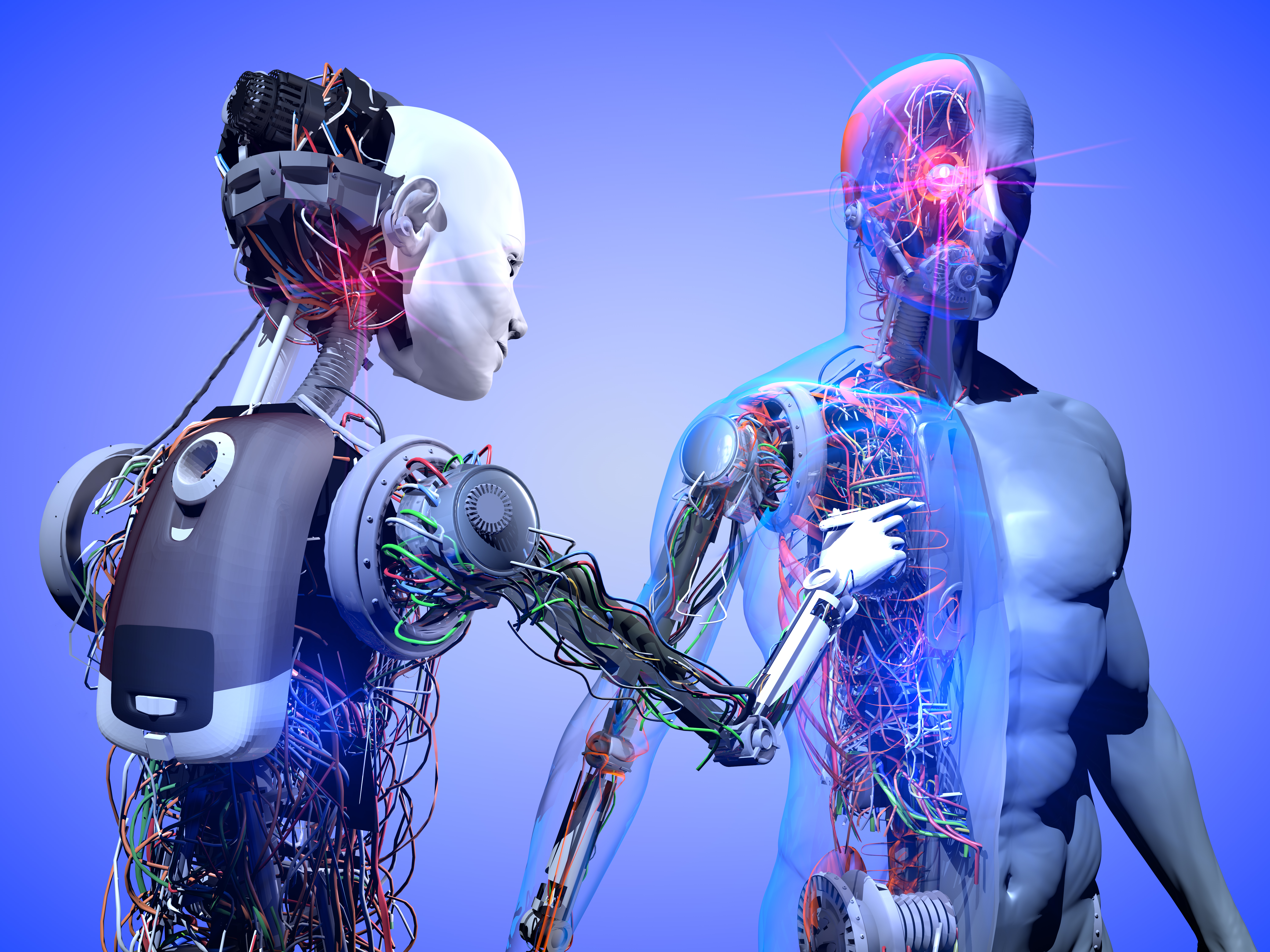
In what probably won’t be the most surprising findings ever to an academic study, researchers at Penn State have found that people with high confidence in machine performance, as well as in their own technological capabilities, are more likely to accept and use digital healthcare services and providers.
After recruiting study participants from Amazon’s Mechanical Turk online staffing system, the researchers queried the volunteers on their attitudes toward and beliefs about machines’ competency—aka their “machine heuristic”—then had them interact with humans, avatars and robots representing healthcare workers.
Finally, the researchers moderated online chat sessions in which the participants were tested on their acceptance of the automated healthcare providers as well as their willingness to use such providers in the future.
"There is increasing use of automated systems in the medical field, where intake is now often conducted through a kiosk instead of by a receptionist," said lead researcher S. Shyam Sundar, James P. Jimirro Professor of Media Effects, in a statement. "We investigated user acceptance of these 'robot receptionists,' along with automated nurses and doctors. In addition, we tested whether the form that these roles took — human-like, avatar or robot — made a difference in user acceptance.”
According to Sundar, the healthcare industry can benefit from increased reliance on automated systems, and while AI was not the focus of the study, it is clearly part of the technological implications.
"Doctors are limited by their human bandwidth, by their experience, knowledge and even state of mind from minute to minute," he said. "In contrast, machines can be programmed to 'think' of all the possible conditions that a patient's symptoms could point to, and they never get tired. Some level of automation is clearly needed.”
The team presented its work May 8 in Scotland at the Association for Computing Machinery’s annual conference on human factors in computing systems.
“Our results suggest that the key to implementing automation in healthcare facilities may be to design the interface so that it appeals to expert users who have a high belief in machine abilities,” Sundar added. “Designers can direct resources toward improving features such as chat functionality instead of anthropomorphizing healthcare robots. In addition, increasing the number of power users and the general belief that machines are trustworthy may increase the adoption of automated services.”


